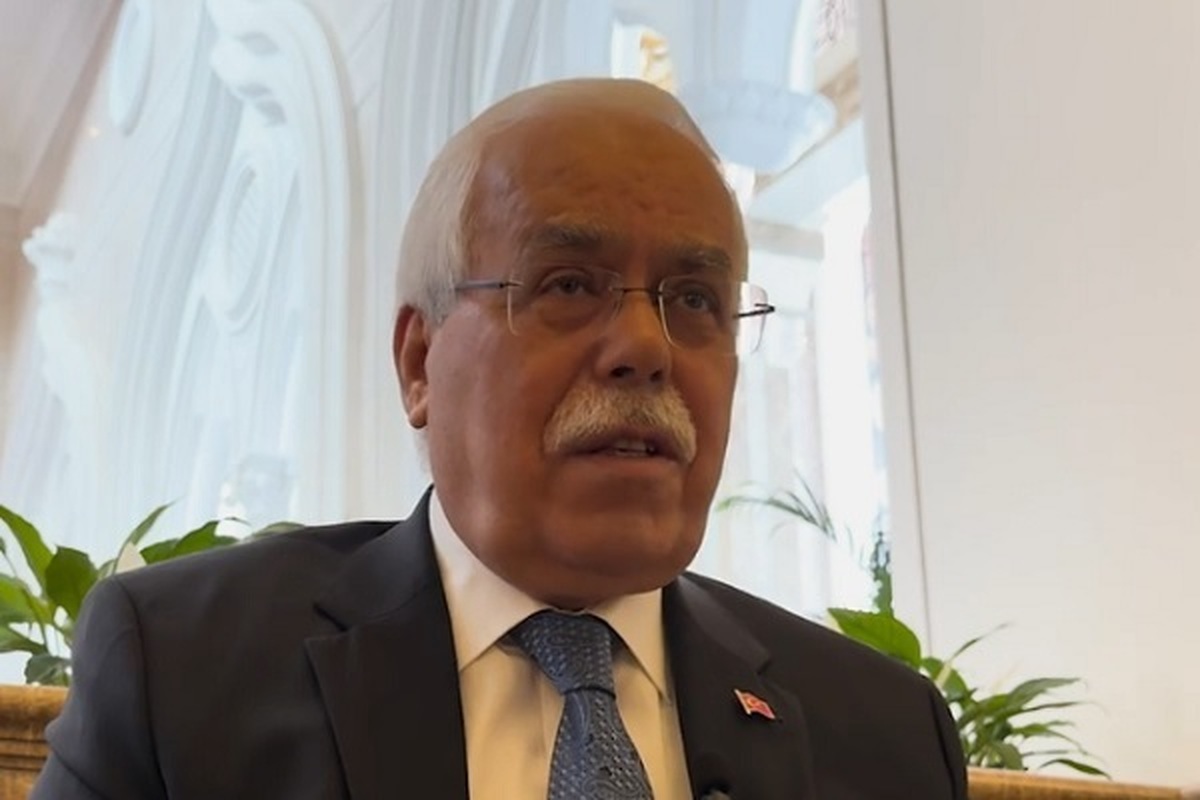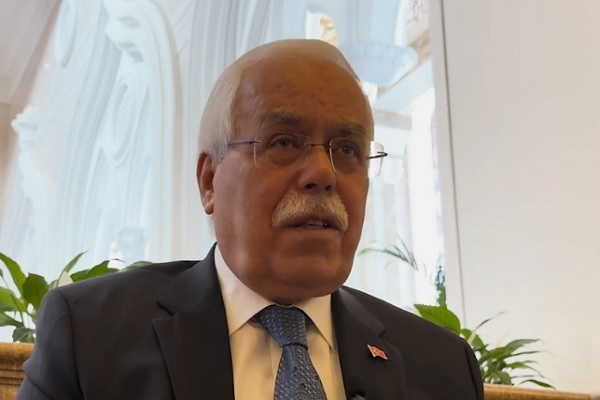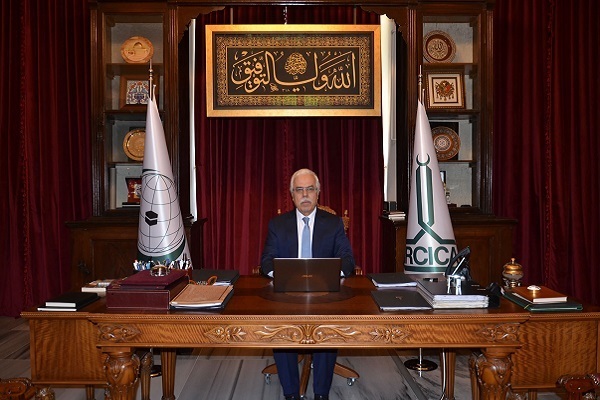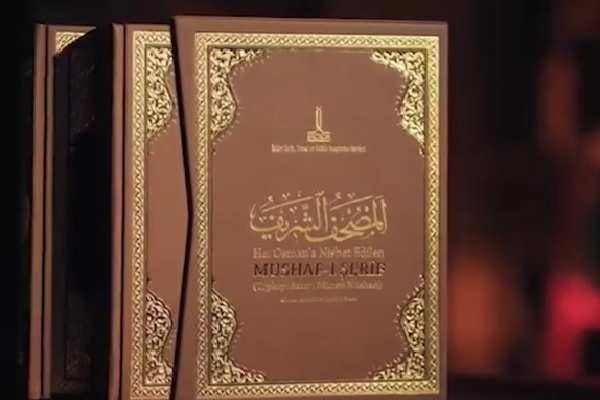Halit Eren’s Years of Service in Field of Quranic, Islamic Culture and Arts


He has played a major role in supporting culture and enhancing dialogue between the civilizations of the Middle East and Central Asia, particularly between the Arabic and Turkish languages.
He has led numerous programs in the fields of Quranic studies, Islamic history and civilization, and inter-civilizational relations, as well as the archiving and documentation of manuscripts. He is also the founder and a member of over 15 cultural and scientific institutions and associations in several countries around the world.
Throughout his life, he has held significant administrative positions and contributed to the development of social sciences in the fields of art and Islamic sciences, as well as the organization of international study projects.
Eren has received honorary doctorates from several prestigious universities worldwide and has been awarded global prizes and medals from various countries in recognition of his efforts in cultural and international relations.
Additionally, he is proficient in several modern languages, including English, Arabic, and Greek, and can also communicate in Persian and Slavic languages.
“I was born in Western Thrace (a historical region in Greece located between the Nestos and Maritsa rivers in the northeastern part of the country),” he said in an interview with Al Jazeera.
“Half of the inhabitants in this area are Muslim Turks, and the other half are Greeks. This region was situated on the border with Turkey, with 110,000 Muslim Turks residing there, who simultaneously enjoyed both minority rights and citizenship rights.”
He added, “I completed my primary and secondary education in Western Thrace, and then continued my high school and university studies in Turkey. After graduating, I started working at IRCICA, affiliated with the Organization of Islamic Cooperation, and I have been working there for 40 years. From 2005 until the end of 2020, I served as the director general of this center for about 16 years, during which time we organized many conferences on Islamic history, Islamic culture, and the art of calligraphy.”

The Turkish scholar and translator also explained about his work on Quranic texts. “In recent years, we have begun a project to study the world’s oldest manuscripts. For example, there are copies of the Quran in the Topkapi Museum in Istanbul, Cairo, and Yemen that have not been fully researched. We started this project in 2005 with the manuscript in the Topkapi Museum, attributed to Uthman ibn Affan.”
He added, “There are other copies of the Quran in Al-Hussein Mosque in Cairo and the Zainabiyyah Manuscript Library. Additionally, there are copies in Yemen attributed to Ali ibn Abi Talib (AS). I have also visited the Great Mosque of Sana’a, where I found manuscripts.”
Read More:
Eren went on to say, “Our studies found that there are no differences between the various versions of the Quran, and some differences that are sometimes mentioned are due to the scribes’ errors.
“I worked on this project with Professor Tayyar Altıkulaç, the former head of Turkey’s Directorate of Religious Affairs. He used to say that for many years he has been going on pilgrimage to Mecca, performing the circumambulation, and praying, ‘Lord, give me an opportunity to serve the Quran’. This is what we did, and now, after completing my work at IRCICA, I have returned to the university and started teaching.”

He also spoke about the manuscripts he has researched and studied over the years, saying, “We have examined several manuscripts in Western countries, including two copies in the British Library, one in Paris, one in the University of Tübingen Library in Germany, and one in the Berlin Library. We have now completed the review of the manuscript in Tashkent, which will be published on May 29.”
4260936



